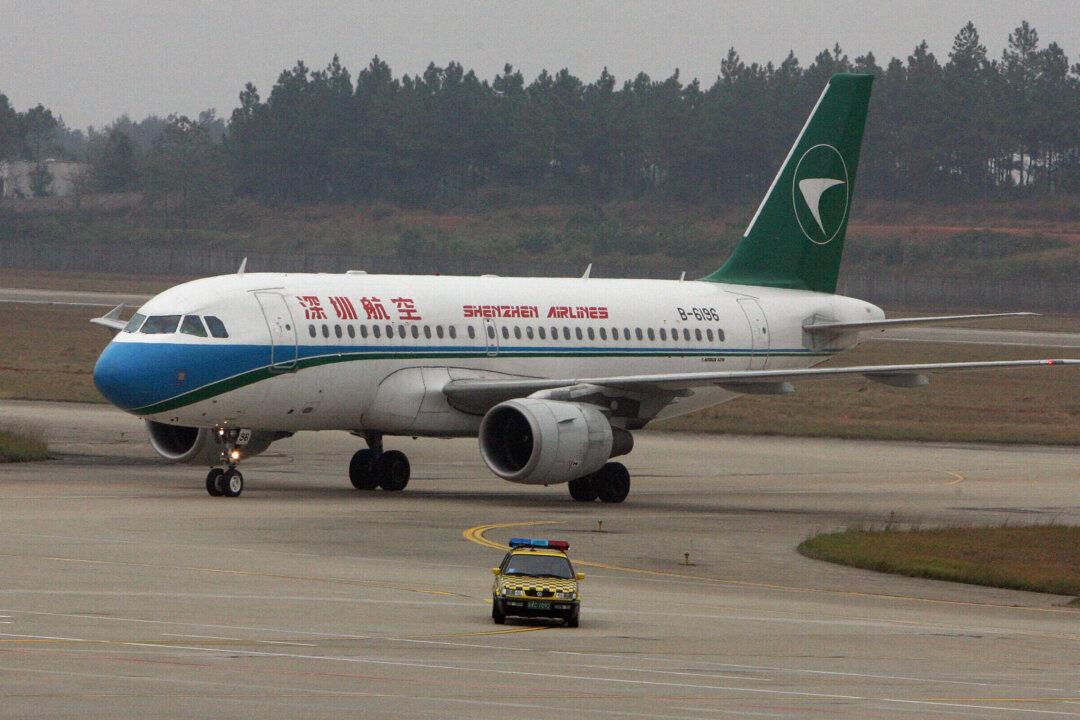Two major cities in Guangdong province recently cancelled most of their flights to Beijing, Shanghai, and Hangzhou, drawing public speculation that the changes were precautions related to the novel coronavirus outbreak.
A large number of passenger train routes in major cities across the country were also cancelled.





